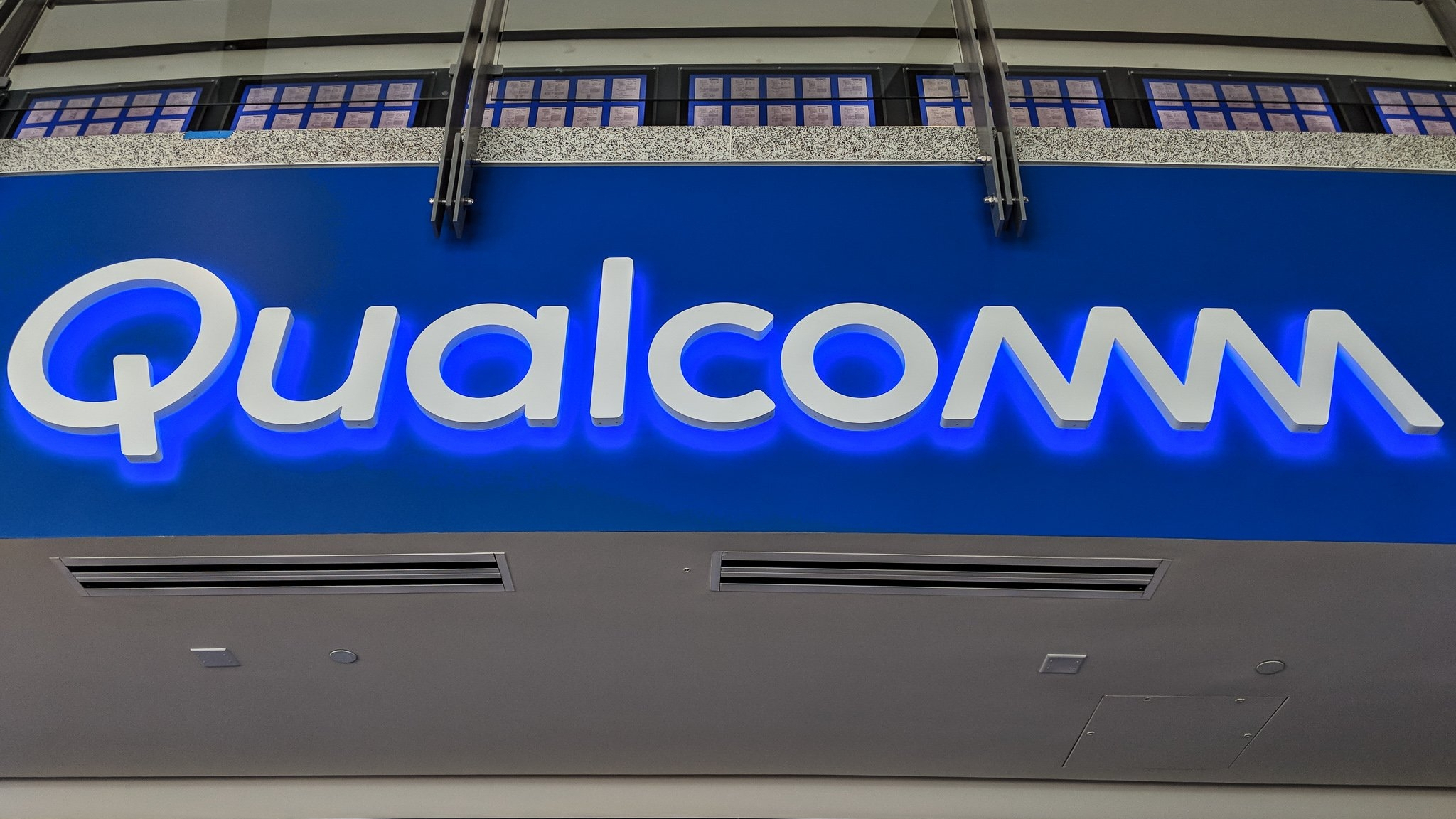Qualcomm and Samsung are hurting from lower chip demand
The Galaxy S23 can't save them.

What you need to know
- Qualcomm announced its FY Q2 2023 financial earnings on Wednesday.
- Revenue dropped 17% year over year as a result of weak demand for headset chips.
- Qualcomm's outlook for headsets has dropped due to ongoing macroeconomic challenges.
Times are tough in the mobile industry, and Qualcomm's recent financial earnings show it. The company announced its fiscal year Q2 2023 financials on Wednesday, revealing $9.28 billion in revenue, a massive 17% drop compared to the same period a year ago.
The company's QCT business, which makes up the majority of its revenue, reported $7.94 billion for the quarter. That consisted mostly of headset chip sales, which also dropped 17% year over year to $6.11 billion.
"As we navigate this challenging environment, we remain focused on the critical factors we can control to emerge stronger from this downturn – our leading technology roadmap, best-in-class product portfolio, strong customer relationships, and operational efficiencies," Qualcomm CEO Cristiano Amon said in a statement. "Our top priority remains to execute our diversification strategy and invest in areas that drive long-term value."
The company launched its Snapdragon 8 Gen 2 chip at the end of 2022, but the number of flagship smartphones utilizing the flagship SoC has grown throughout the quarter. There has also been an influx of devices utilizing the Snapdragon 8+ Gen 1 launched in mid-2022, particularly in newer foldable phones. Despite this, Qualcomm continues to see weak demand due to inventory drawdown from customers.
Demand will continue to affect the company in the current quarter, as Qualcomm expects headset units to fall below its previous expectations.
"Given the weaker handset forecast, until demand normalizes and visibility improves, we anticipate that customers will remain cautious with purchases and reduce channel inventory risk further," said Qualcomm CFO Akash Palkhiwala during the earnings call.
On the plus side, automotive saw a 20% growth "driven by the increased adoption of our Snapdragon digital chassis," according to Amon.
Get the latest news from Android Central, your trusted companion in the world of Android
Qualcomm isn't the only company struggling with weaker chip demand. Samsung recently announced its most recent quarterly financials, which saw the company's profits dip a staggering 95%. In response to the massive drop, Samsung stated that it will decrease its chip production.
Meanwhile, both companies benefited from sales of the Galaxy S23 series, particularly that of the Galaxy S23 Ultra, which made up the majority of sales of Samsung's recent flagships. That's good news for Qualcomm, which is the global chips supplier for the phones, as well as many of the best Android phones on the market.
However, it looks like that may not be enough as Qualcomm feels the strain of weaker smartphone shipments in global markets.
"Financial headwinds have increased meaningfully relative to our initial expectations going into the fiscal year with the combination of an uncertain macroeconomic outlook, persistent inflation, and a slower recovery in China, which continue to impact demand globally," says Palkhiwala.

Derrek is the managing editor of Android Central, helping to guide the site's editorial content and direction to reach and resonate with readers, old and new, who are just as passionate about tech as we are. He's been obsessed with mobile technology since he was 12, when he discovered the Nokia N90, and his love of flip phones and new form factors continues to this day. As a fitness enthusiast, he has always been curious about the intersection of tech and fitness. When he's not working, he's probably working out.
